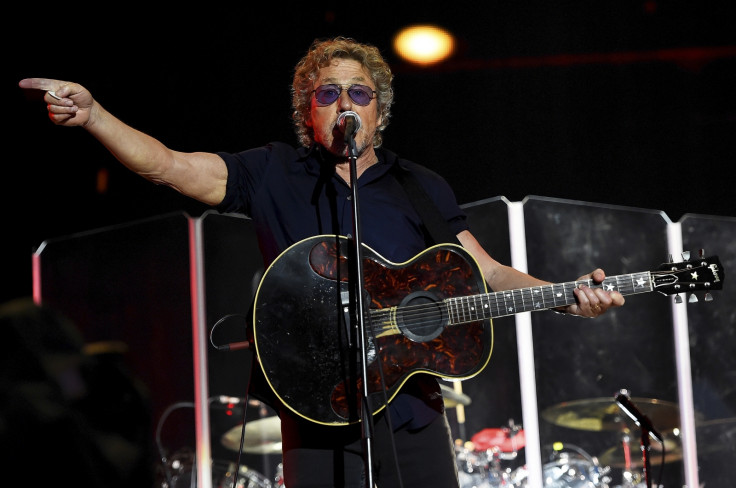Stephen Foster: Like Glastonbury, old timers such as Sir Martin Sorrell top the bill at Cannes
The big event of the annual ad calendar is the Cannes International Festival of Creativity, held last week in the French town that also plays host to the more famous film festival.
But it's become, arguably, a bigger event than even the film festival, with more than 10,000 delegates attending and countless hangers-on, who skip its extensive programme of events and awards, preferring to hunker down in the hills and come into town to "network" and go to parties.

In many ways it resembles Glastonbury, which also closed at the weekend. The music festival may attract 200,000 people but so, probably, would Cannes if there were any handy fields available.
The magnets at Cannes are the big advertisers who started attending the festival a decade or so ago. When it began in 1954 (in Venice, actually, hence the name "Lions" for the awards after the lions decorating the Doge's Palace) it was devoted to cinema advertising and mainly populated by production companies.
Then came the advertising agencies and then the clients, keen to see the best advertising in the world to pick up tips for marketing their own increasingly global businesses.
Now the Festival has awards for PR, "Promo & Activation" (still not sure what exactly that is), Media and even "Creative Use of Data", a newbie this year. The jury, hardly surprisingly, was unable to choose a Grand Prix winner for this.
So what else do the two events have in common, apart from their popularity and expense? Advertising and music are both changing – have changed – dramatically thanks to the digital online revolution. Music is streamed via the internet, ads now increasingly trade under the banner of "content" as they populate online channels like YouTube as well as paid-for TV ad breaks.
But the headliners, the big performers are out of the ark. The Who topped the bill at Glastonbury, following in the footsteps of the Rolling Stones a couple of years back. If the two remaining Beatles (there are only two of The Who left) chose to reform, they would top the bill too.

At Cannes the headliner, as usual, was WPP boss Sir Martin Sorrell, who turned 70 this year, and popped up all over the place like a commercial version of Tigger. Sorrell is a holding company manager (and founder, as he keeps reminding us) rather than a creative but he's the guy who clients want to see (and vice versa).
At Cannes, he announced the win for WPP of the global Aston Martin account. WPP also won more awards than any of its rivals.
The biggest noises in the creative firmament, such as Wieden+Kennedy's Dan Wieden and BBH's Sir John Hegarty, are also nudging into their seventies.
This is a problem for the ever-changing ad industry just as harking back to the past is for music. Both industries need new stars but they seem remarkably thin on the ground. The power now lies with distributors: Apple and Spotify in music, Google's YouTube and the giant media agencies (such as WPP's GroupM) in advertising.
But Cannes still dishes out creative awards. Once film was the Blue Riband category; now, arguably, it's cyber which means a combination of old-style creative flair with new-style digital bells and whistles. The cyber winner was New York agency Droga5's campaign for Under Armour featuring Gisele Bundchen and lots of tweets.
Is this advertising's brave new world? That's difficult to tell. We'll probably need a new generation in charge at Cannes and elsewhere before we know what the future really holds.
Stephen Foster is editor of More About Advertising, a former editor of Marketing Week and a London Evening Standard advertising columnist. He wrote City Republic for Brand Republic and is a partner in communications consultancy The Editorial Partnership.
© Copyright IBTimes 2025. All rights reserved.






















